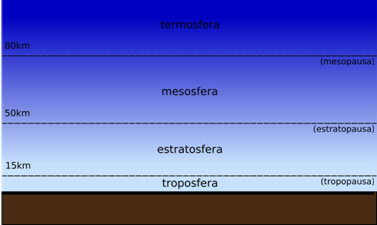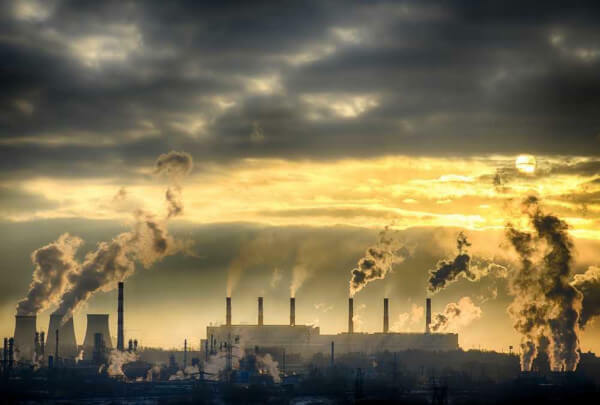Capital: Algiers
Territorial Extension: 2,381,741 Km2
Climate: Subtropical Arid
Population (2009): 34,895,470 inhabitants
Demographic density: 14.6 inhab/Km2
Language: Arabic and Berber (official), French
Religion: Islam 96.7%, no religion 3%, Christianity 0.3%
Currency: Algerian Dinar
HDI: 0.677
Total GDP (2007): US$ 132,452 million
Life expectancy at birth: 72 years
Algeria is located on the North African coast, bathed by the Mediterranean. It borders Tunisia, Libya, Niger, Mali, Mauritania, Western Sahara and Morocco. It is the second largest country in terms of land area on the African continent, only behind Sudan.
The territory was first inhabited by the Berbers, then occupied and incorporated by several peoples and empires, among them the Phoenicians, Carthaginians, Romans, Vandals, Byzantines and Arabs.
In 1830 France invaded Algeria, intending to dominate its coastline. In 1857 the definitive French domination of Algerian territory took place. The struggle for independence intensified mainly after World War II, with the popular uprising of 1945, but they were repressed with great violence by the French.
The FLN (National Liberation Front) was organized in 1954, and began an armed struggle against the domination of France. Only in 1962 did the French recognize Algeria's independence. About 1 million French left the country for France. Algeria was governed in the same year by Ahmed Ben Bella, representative of the National Liberation Front, the only political party in the country.
It was only in 1989 that multipartyism was accepted, this fact occurred due to the protests of the population, which resulted in a constitutional reform that ended the single-party regime. The FIS (Islamic Liberation Front) was created, the main opposition organization of the National Liberation Front.
The 1991 presidential election was won by the representative of the Islamic Liberation Front, Bendjedid. However, in 1992 there was a military coup that forced Bendjedid to resign from office.
In 2009, Abdelaziz Bouteflika was elected president of Algeria for the third time, accusations of irregularities in the electoral dispute were made by the media and opposition.
Do not stop now... There's more after the advertising ;)
By Wagner de Cerqueira and Francisco
Graduated in Geography
Brazil School Team
Countries of the world - geography - Brazil School
Would you like to reference this text in a school or academic work? Look:
FRANCISCO, Wagner de Cerqueira e. "Algeria"; Brazil School. Available in: https://brasilescola.uol.com.br/geografia/argelia.htm. Accessed on June 27, 2021.



